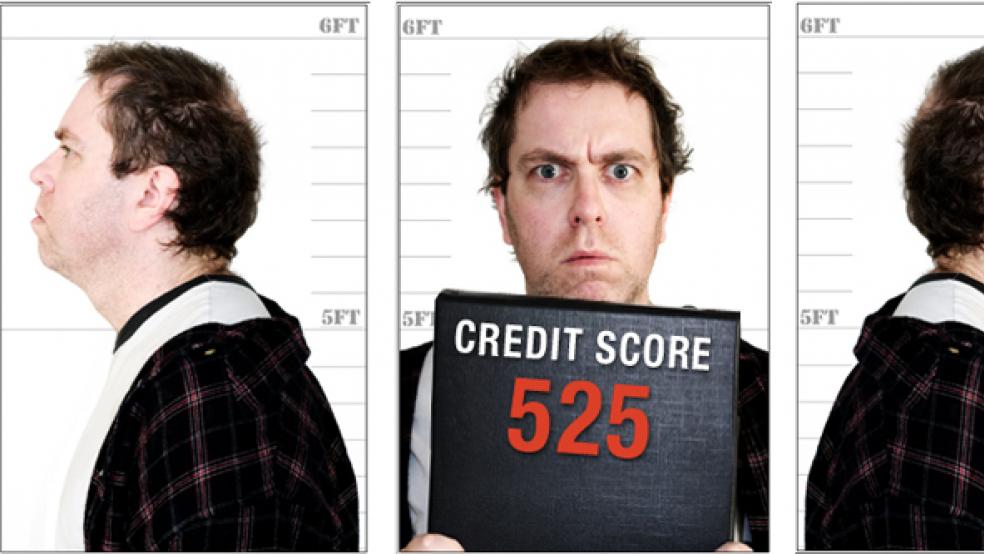The Federal Trade Commission released a report on Monday on the credit reporting industry that could spell trouble for tens of millions of consumers.
When the agency reviewed 1,000 consumers' credit reports, it found 25 percent of people had at least one error that could negatively impact their credit score. And once the errors were disputed, one in ten consumers saw their FICO scores increase, including five percent who had a 25-point bump.
This is a huge deal.
Two other major reports on credit reporting accuracy have offered completely different pictures in the past.
The first, conducted by the U.S. Public Interest Research Group in 2004, estimated close to 80 percent of reports are erroneous in some way. And in 2011, the Policy and Economic Research Council answered with a report that found less than 1 percent of consumers had potentially damning errors on their reports.
The FTC's report is the latest of five in a decade-long study of the credit reporting industry, and could be the best analysis available to date.
“These are eye-opening numbers for American consumers,” Howard Shelanski, Director of the FTC’s Bureau of Economics, said in a statement Monday. “The results of this first-of-its-kind study [making] it clear that consumers should check their credit reports regularly. If they don’t, they are potentially putting their pocketbooks at risk."
Why consumers should care
With the new findings, the FTC estimates between 10 and 21 percent of consumers have inaccurate credit reports –– that means between 20 million and 42 million consumers are toting around reports that make them look riskier to lenders than they actually are.
Slice and dice the numbers however you want (the Consumer Data Industry Association put a positive spin on things), but there's no getting around the fact that even seemingly small errors can pose problems for consumers.
"The problem is that if I have a credit score of 619, and I report an error and it goes up to 620, then that one point was meaningful," John Ulzheimer, CEO of Smartcredit.com, told BI. "Most lenders have these prefixed score tiers ... and if you're not at that score or higher, you don't get [competitive interest rates]."
And considering the fact that errors are likely to appear on reports pulled from all three major credit reporting agencies, the problem could be three-fold.
Boston University Prof. Michael Salinger, a former director of the Federal Trade Commission’s Bureau of Economics, reached out to BI to say consumers should take the report as a call to action.
“Most people do not realize how many prices are affected by their credit scores. Even what you pay for car insurance depends on it," he said. " The FTC report seems to suggest that the rate of serious error is only about 5%, but that is enough to make it worth checking whether the information the credit reporting agencies have on you is correct."




